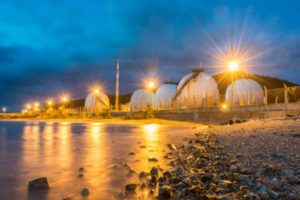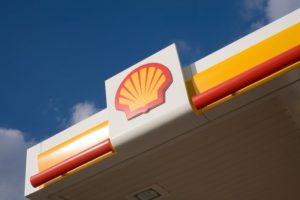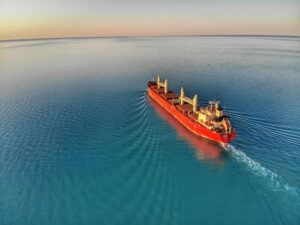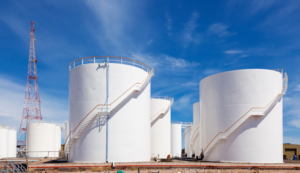 Under its new green infrastructure, Vision 2030, Gasunie will transform from a gas transport company to a broad energy infrastructure company.
Under its new green infrastructure, Vision 2030, Gasunie will transform from a gas transport company to a broad energy infrastructure company.
In 2030, it will transport, store and treat natural gas, green gas, hydrogen, carbon and heat in a safe, reliable, affordable and sustainable way.
Vision 2030 includes large-scale energy transition projects for which Gasunie want to make an investment decision in the coming years. It expects the vast majority of these projects to have a regulated framework immediately or gradually; which means that it is going to offer the use of these assets at regulated rates.
According to its current estimate, Gasunie’s total Vision 2030 investment agenda amounts to around € 8.5 billion, of which more than € 5 billion is earmarked for the energy transition. By investing more than €5 billion in new green infrastructure over the next decade, Gasunie will enable the users of its networks to avoid many tens of megatonnes of carbon emissions.
Vision 2030 includes different focus areas.
Natural Gas: By 2030, Gasunie will ensure that the Netherlands has sufficient physical import points for natural gas. Gasunie will help industrial industries switch from coal to natural gas or hydrogen as an energy source.
Vision 2030 CCS: In 2030, Gasunie will be active as a manager of pipelines that remove carbon to transhipment hubs and to subsea storage facilities, with projects such as Porthos and Aramis.
Vision 2030 Hydrogen: In 2030, Gasunie will have developed large-scale transport infrastructure for hydrogen in the Netherlands (Hynetwork Services) and Northern Germany (Hyperlink), which connects suppliers and customers of hydrogen. With the help of this infrastructure, the market area is the gateway to Europe for the emerging global green hydrogen market.
Vision 2030 Heat: In 2030, Gasunie will transport residual heat from the ports of Rotterdam to The Hague, Delft, Leiden and surrounding areas via WarmtelinQ.
Vision 2030 Green gas: In 2030, Gasunie will have enabled initiatives by third parties – such as SCW Systems – to scale up production methods for green gas, such as gasification and fermentation. The quality of green gas is the same as Groningen gas and because it is carbon-neutral, it is a sustainable alternative to natural gas.









